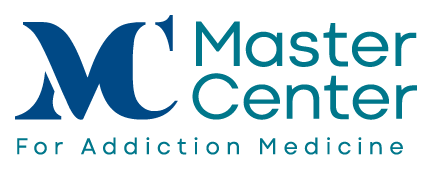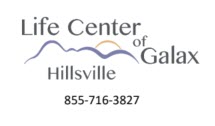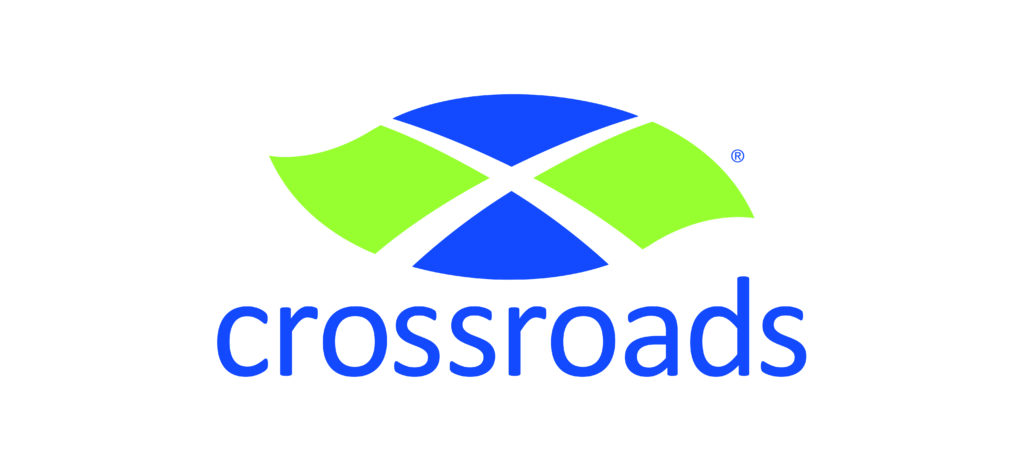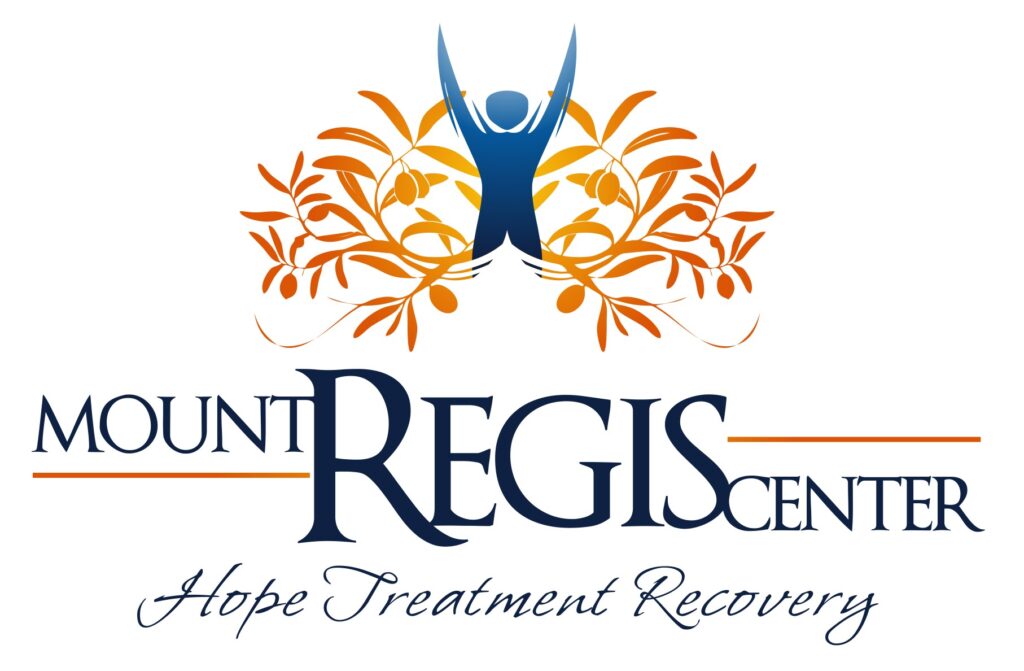Sunday | Monday | Tuesday | Wednesday
2025 Tuesday Schedule
8:30 to 12:00
PLENARY:
Driven to Attach: Correlating Substance Use Disorder with Attachment Theory
Paul Hardy, D.Min., QMHP, MAC, CSAC
Level: Intermediate
Limited: Open
Other: 0.5 Ethics included
Contact Hours: 3.0
Brief Description: Based on attachment theory, substance use can be understood as “self-medication, “an attempt to compensate for lacking attachment strategies. If we can understand and help clients embrace this concept, it may help them improve. Attachment theory suggests a developmental pathway, or link from insecure attachment to SUD and, on the other hand, a negative impact of substance abuse on attachment security.
In this presentation, participants will apply Attachment theory is a psychosocial explanation for human bonding used to inform psychotherapeutic approaches. According to attachment theory, everyone is born with a biological system for attachment, which seeks to maintain proximity to others in times of vulnerability, especially as an infant. Informing: romantic attachments, family relations, friendships, long-term partnerships, even interactions with strangers.
Educational Objectives:
- DISCOVER the concepts of attachment theory according to John Bowlby and Mary Ainsworth.
- CORRELATE how behaviors occur because of unconscious urges and instinctual biological drives that increase their chances of survival.
- EXAMINE possible deficiencies and challenges of unmet needs of attachment.
- INTEGRATE attachment principles to the basic concepts of substance use disorder and how they affect individuals in the recovery process.
Themes Addressed:
- Skills
12:00 to 1:00
Lunch Break/Exhibits/
1:15 to 4:45
Resilience in Action: Overcoming Compassion Fatigue For Mental Health Professionals
Lisa Duez, LCSW
Level: Introductory
Limited: Open
Other: 0.5 Ethics included
Contact Hours: 3.0
Brief Description: This presentation, led by Lisa Duez, LCSW, provides an in-depth exploration of resilience as a crucial tool for mental health professionals to manage compassion fatigue and sustain their well-being. Shifting from traditional notions of self-care to a focus on self-agency and resilience, the workshop emphasizes long-term strategies for personal and professional growth.
Using evidence-based frameworks like Internal Family Systems and concepts such as self-agency and the Spoon Theory, the presentation encourages participants to reassess their relationship with their roles and responsibilities. It highlights the importance of balancing personal capacities against professional demands. The presentation also stresses the importance of allowing others to support us, setting boundaries between our professional and personal selves, and identifying triggers that disrupt emotional balance. Through interactive exercises and relatable examples, participants will leave with actionable strategies to foster resilience and sustain their capacity for compassionate care. Ethical considerations will be discussed. This aligns with the broader mission of promoting recovery and progress across the continuum in the mental health field.
Educational Objectives:
- Define resilience and its components, differentiating it from traditional self-care practices.
- Identify the differences between burnout, fatigue, and compassion fatigue, and explore strategies to address each.
- Use tools like the Spoon Theory and resilience planning to assess and manage daily energy expenditure.
- Develop a personalized plan to set boundaries between personal identity and professional roles, reducing emotional overload.
- Introduce practical exercises to recognize and respond to emotional triggers, promoting self-awareness and stress management.
Themes Addressed:
- Basics
- Compassion Fatigue
- Ethics
The Vital Role of Smoking Cessation in Addiction Recovery
Chandell Miller, MS, LPC, LSATP, SAP, NCNTT, ADS & SAP
Dawn Brower, CSAC-A, CSAC Resident
Christina Hampton, LPC-Resident
Santos Polanco, CSAC-A; Brian Hampton, CSAC-A
Level: Advanced
Limited: Open
Other: 0.5 Ethics included
Contact Hours: 3.0 Contact Hours
Brief Description:
Smoking cessation, including the cessation of vaping, represents a critical step in the journey of addiction recovery and self-care. Nicotine, the primary addictive substance in cigarettes and e-cigarettes, exerts profound effects on the brain, creating dependency and sustaining cycles of addiction. For recovery centers aiming to promote holistic wellness, addressing nicotine dependence is essential for fostering long-term health and resilience. This narrative delves into the importance of smoking cessation, the science of nicotine addiction, the distinctions between vaping and smoking, and strategies for promoting cessation within recovery facilities.
Nicotine is one of the most addictive substances known, rivaling drugs like heroin and cocaine in its ability to hijack the brain’s reward system. When nicotine enters the bloodstream, it stimulates the release of dopamine, a neurotransmitter associated with pleasure and reward. Over time, the brain becomes reliant on nicotine to achieve normal dopamine levels, leading to physical dependence and withdrawal symptoms, including irritability, anxiety, and cravings.
Educational Objectives:
- Educate on the Science of Nicotine Addiction
- Highlight the Risks of Smoking and Vaping
- Promote Smoking Cessation as a Vital Component of Addiction Recovery
- Introduce Evidence-Based Strategies for Cessation
- Discuss Ethical Responsibilities of Counselors
Themes Addressed:
- Skills
- Ethics
Wrecks in Ethics – The 3 Ethical Dilemmas That Wreck Clinicians
Saulo Ortiz, LCSW
Level: Introductory
Limited: Open
Other: 0.5 Ethics included
Contact Hours: 3.0
Brief Description: It is impossible to be a strong clinician without sound ethical principles to guide your clinical work. Often clinicians fail to fully understand the ethical guidelines of their governing body, and as a result they violate the rights of their clients, their agencies, and their profession. By identifying the top ethical principles most often violated by clinicians, we will establish a deeper foundation for appropriate clinical work. Utilizing an engaging PowerPoint and interactive discussion approach, this presentation will include music, engaging tools, and real client scenarios to provide the attendees with a variety of resources for building a thriving and ethical clinical program.
Educational Objectives:
- Establish a thorough understanding of the ethical guidelines outlined by NSAW, APA, and other clinical governing bodies intended to make clinical work safe and secure for practitioners and service recipients.
- Gain a clear approach for managing the top ethical principles that are most often misunderstood and transgressed by clinicians in various settings.
- Examine the characteristics of a strong, ethical practitioner, and the value of accountability and consistency.
- Develop a reliable framework for approaching future clients and providing clinical service, thereby safeguarding any collaborating clinicians and agencies providing care and treatment to your clientele
Themes Addressed:
- Cultural Competency
- Basics (Core Competencies including Ethics)
- Skills Training (i.e. Enhancing Skills of Clinicians)
- Recovery Community
- Ethics
Intentional Supervision: Promoting Developmental Growth with Substance Abuse Counselors
Jennifer Walden, LPC, LSATP & Sue Morrison, Ph.D., MBA, LCSW
Level: Advanced/Supervisory Level
Limited: 30
Other: 0.5 Ethics included
Contact Hours: 3.0
Brief Description: Across the treatment continuum, agencies face challenges in counselor (and supervisor) compassion fatigue, emotional exhaustion, and burnout. Ongoing challenges for every treatment organization are retention and counselor burnout. Whether at the residential, partial hospitalization, or outpatient level of care, counselors and clinical supervisors struggle with emotional exhaustion and burnout. The first (didactic) portion of the workshop will explore research cited in SAMHSA’s Tip #52 (“Clinical Supervision and Professional Development of the Substance Abuse Counselor”) and draw from seminal counseling texts including Carl Rogers’ On Becoming a Person. The clinical supervisor will discover new ways to integrate developmental perspectives into training, supervision, and clinical leadership. Signs of clinician burnout and compassion fatigue will be identified, and methods of intervening will be explored. Participants will also consider ethical implications that arise in clinical supervision. The second (experiential) portion of the workshop will include a live demonstration of a clinical supervision group that explores compassion fatigue. A new offering this year includes a review of research conducted by Sue Morrison, PhD (Substance Abuse Treatment Professionals’ Emotional Exhaustion: The Mediating Effect of Job Satisfaction on Turnover Intention).
Educational Objectives: Clinical supervisors will explore their own supervisory styles and consider how they can implement developmental strategies in intentional supervision sessions or groups.
- Attendees will also learn the signs of counselor and supervisor burnout, emotional exhaustion, and compassion fatigue and gain new skills for addressing this common concern in the substance abuse field.
- Attendees will explore ethical considerations that arise in supervisory relationships, especially when working through compassion fatigue.
- Attendees will observe (or participate in) a live demonstration of a supervision group based on the topic of self-care.
Themes Addressed:
- Clinical Supervision
- Compassion Fatigue
- Ethics












